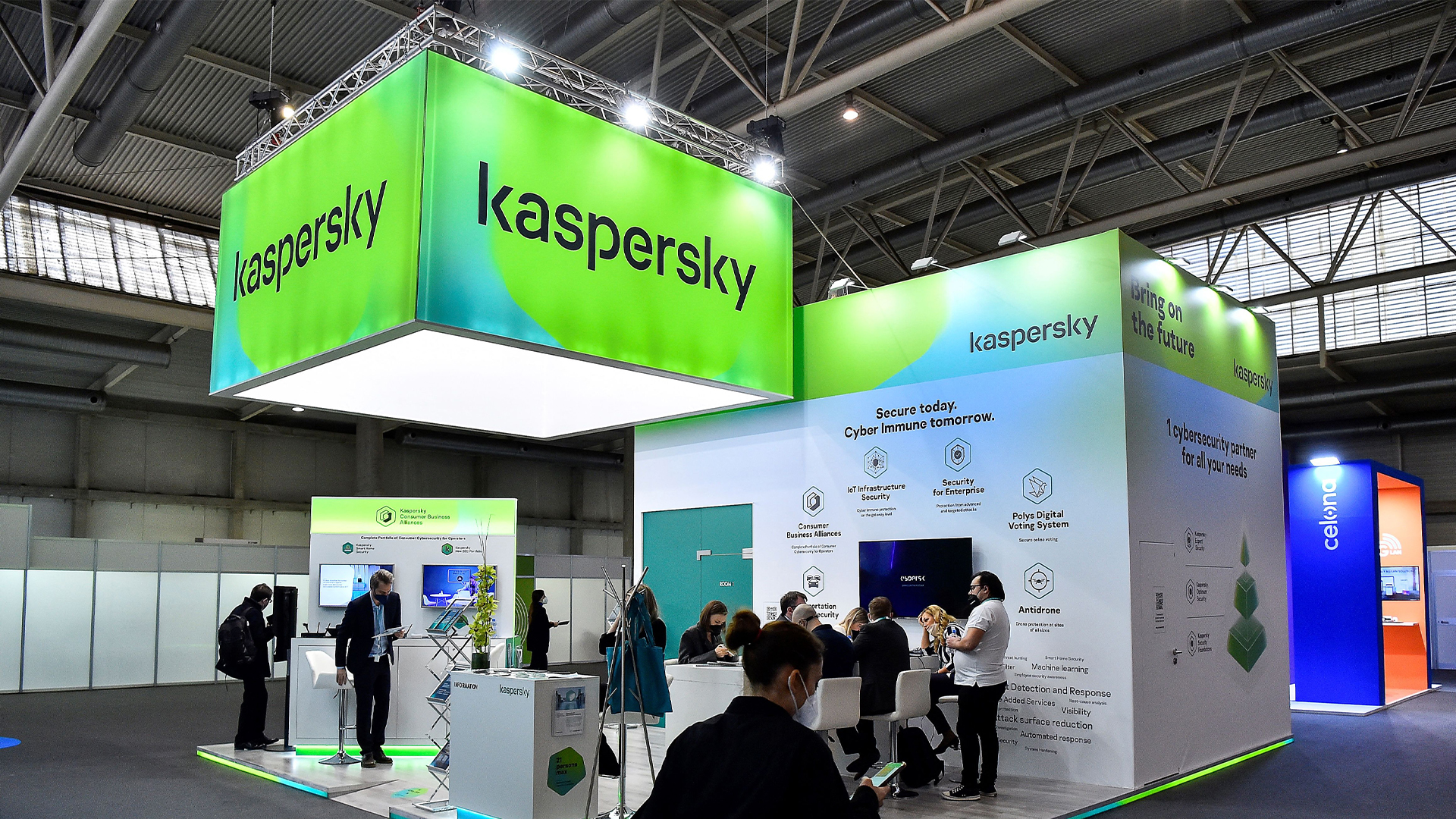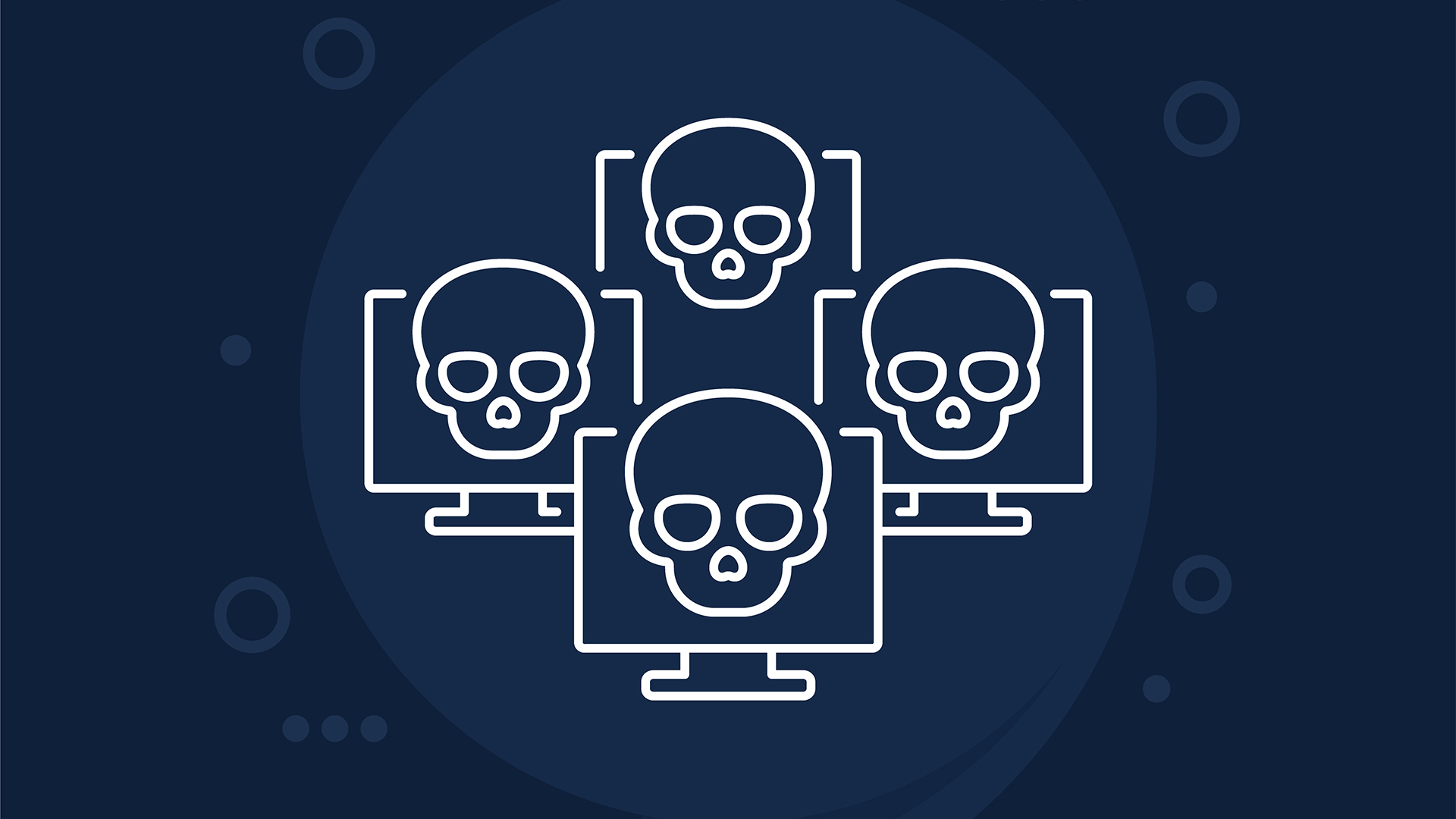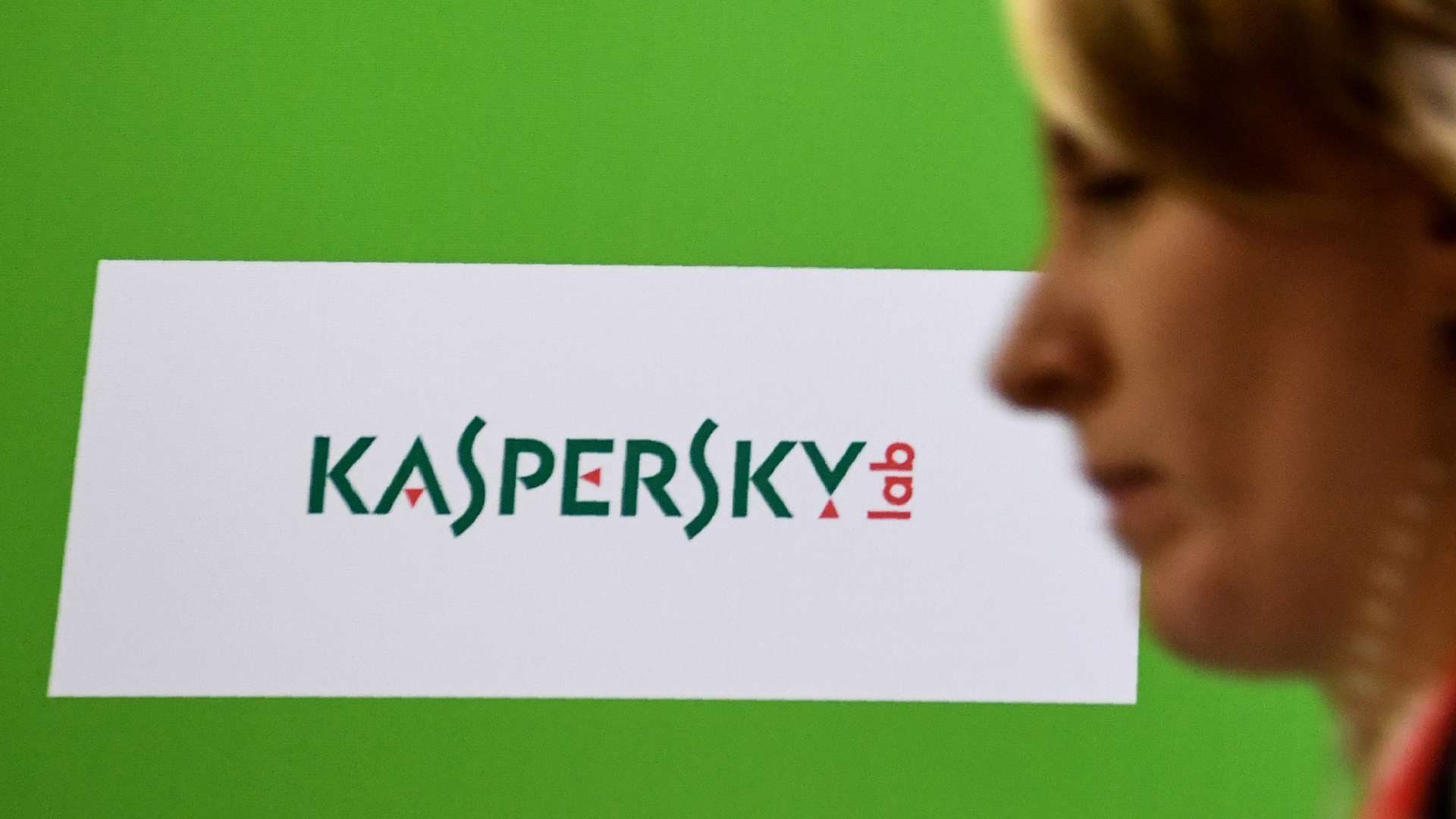Kaspersky hits back at US software ban, citing political motivations and “theoretical concerns”
Kaspersky said it has “repeatedly demonstrated" its independence from any government interference


Cyber security vendor Kaspersky has hit out at plans by US lawmakers to ban sales of its antivirus software.
Reports emerged on 20 June that the US government is set to prohibit the sale of Kaspersky products amid concerns over alleged links between the firm and the Russian government.
Under the plans, which are expected to come into force in late September, inbound sales of Kaspersky software will be banned for US companies. This will include any software updates, resales, and licensing of the product by US suppliers.
Sales of white-labeled products – those that use Kaspersky software under a different name – will also be barred.
The move marks the latest flashpoint in a long-running war of words between Kaspersky and US legislators, who have repeatedly argued that Kaspersky has links to the Russian government that present a national security risk.
Officials have previously suggested that elements of Russian law mean the government could lean on the company for intelligence-gathering purposes.
In a statement given to ITPro, Kaspersky insisted these allegations are false, and said the US Department of Commerce’s decision to float a product ban is politically motivated.
Get the ITPro daily newsletter
Sign up today and you will receive a free copy of our Future Focus 2025 report - the leading guidance on AI, cybersecurity and other IT challenges as per 700+ senior executives
“Despite proposing a system in which the security of Kaspersky products could have been independently verified by a trusted third party, Kaspersky believes that the Department of Commerce made its decision based on the present geopolitical climate and theoretical concerns, rather than on a comprehensive evaluation of the integrity of Kaspersky’s products and services,” the firm said.
The company added that it “does not engage in activities which threaten US national security” and has made “significant contributions” by reporting on –and protecting against –threat actors that have actively targeted US institutions.
Kaspersky appears to be preparing for a lengthy battle to argue its case against any proposed ban.
“The company intends to pursue all legally available options to preserve its current operations and relationships,” Kaspersky said.
Kaspersky says ban proposals will harm enterprises
In its statement, Kaspersky said it has implemented “significant transparency measures that are unmatched by any of its cyber security industry peers” to show it’s free of any government interference.
In 2018, the company announced plans to relocate some of its operations from Russia to Switzerland. The move, which formed part of its Global Transparency Initiative (GTI), took more than two years to complete.
The company said at the time it chose Switzerland due to its "policy of neutrality"
Kaspersky suggested that the US' decision to impose a ban "unfairly ignores" evidence of proactive efforts to improve transparency and warned the decision will negatively impact its customers.
RELATED WHITEPAPER

The company argued that a ban would ultimately aid threat actors and have a detrimental effect on international efforts to combat cyber crime.
“The primary impact of these measures will be the benefit they provide to cybercrime,” the firm said. “International cooperation between cyber security experts is crucial in the fight against malware, and yet this will restrict those efforts.
“Furthermore, it takes away the freedom that consumers and organizations, large and small, should have to use the protection they want. This will cause a dramatic disruption for our customers, who will be forced to urgently replace technology they prefer and have relied upon for their protection for years.”

Ross Kelly is ITPro's News & Analysis Editor, responsible for leading the brand's news output and in-depth reporting on the latest stories from across the business technology landscape. Ross was previously a Staff Writer, during which time he developed a keen interest in cyber security, business leadership, and emerging technologies.
He graduated from Edinburgh Napier University in 2016 with a BA (Hons) in Journalism, and joined ITPro in 2022 after four years working in technology conference research.
For news pitches, you can contact Ross at ross.kelly@futurenet.com, or on Twitter and LinkedIn.
-
 Microsoft just hit a major milestone in its ‘zero waste’ strategy
Microsoft just hit a major milestone in its ‘zero waste’ strategyNews Microsoft says it's outstripping its zero waste targets, recording a 90.9% reuse and recycling rate for servers and components in 2024.
By Emma Woollacott
-
 Dell names Lisa Ergun as new Client Solutions Group channel lead for the UK
Dell names Lisa Ergun as new Client Solutions Group channel lead for the UKNews Dell Technologies has announced the appointment of Lisa Ergun as its new Client Solutions Group (CSG) channel lead for the UK.
By Daniel Todd
-
 Almost half of US organizations still using Kaspersky, researchers claim
Almost half of US organizations still using Kaspersky, researchers claimNews A ban was introduced due to Kaspersky’s supposed links to the Russian government
By George Fitzmaurice
-
 Enterprises are struggling to fill senior cybersecurity roles — and it's causing staff burnout to skyrocket
Enterprises are struggling to fill senior cybersecurity roles — and it's causing staff burnout to skyrocketNews Many senior roles take months to fill, creating cumbersome workloads for mid-level staff and increased burnout
By Emma Woollacott
-
 Kaspersky to shut down US division ahead of sales ban
Kaspersky to shut down US division ahead of sales banNews The Russian security company will exit the US and cut staff ahead of a government-imposed sales ban
By Nicole Kobie
-
 Botnets are being sold on the dark web for as little as $99
Botnets are being sold on the dark web for as little as $99News More than 20 offers for botnets for hire or sale have been discovered on dark web forums and Telegram channels this year
By Emma Woollacott
-
 Small businesses face continued security threats as trojan attacks surge
Small businesses face continued security threats as trojan attacks surgeNews Cyber attacks on small businesses are still growing at a steady pace
By Emma Woollacott
-
 Most passwords take a matter of minutes to crack – here’s how you can create strong, hacker-resistant credentials
Most passwords take a matter of minutes to crack – here’s how you can create strong, hacker-resistant credentialsNews Passwords are still criminally insecure and can be cracked or guessed by hackers with ease, but what precautions can you take to avoid getting breached?
By Solomon Klappholz
-
 US poised to ban sales of Kaspersky software – reports
US poised to ban sales of Kaspersky software – reportsNews Kaspersky has long denied any links to the Russian government
By Ross Kelly
-
 Human errors still a leading cause of cyber incidents, says Kaspersky
Human errors still a leading cause of cyber incidents, says KasperskyNews The worst-affected industries are government, IT firms, and the financial and industrial sectors
By Emma Woollacott